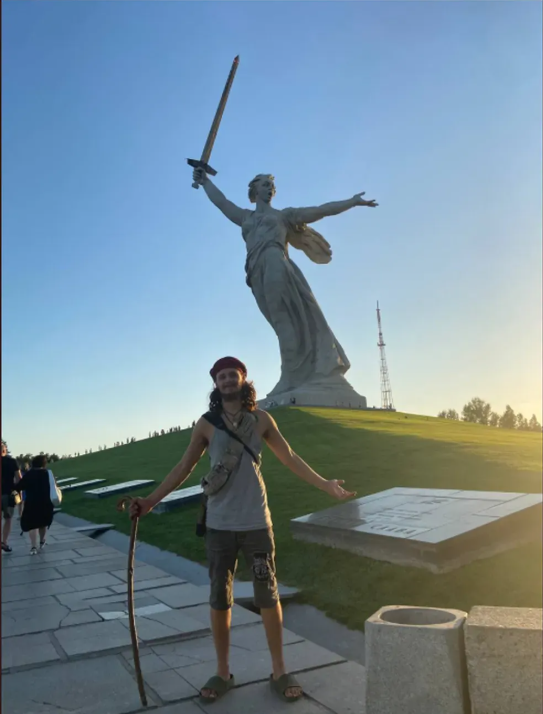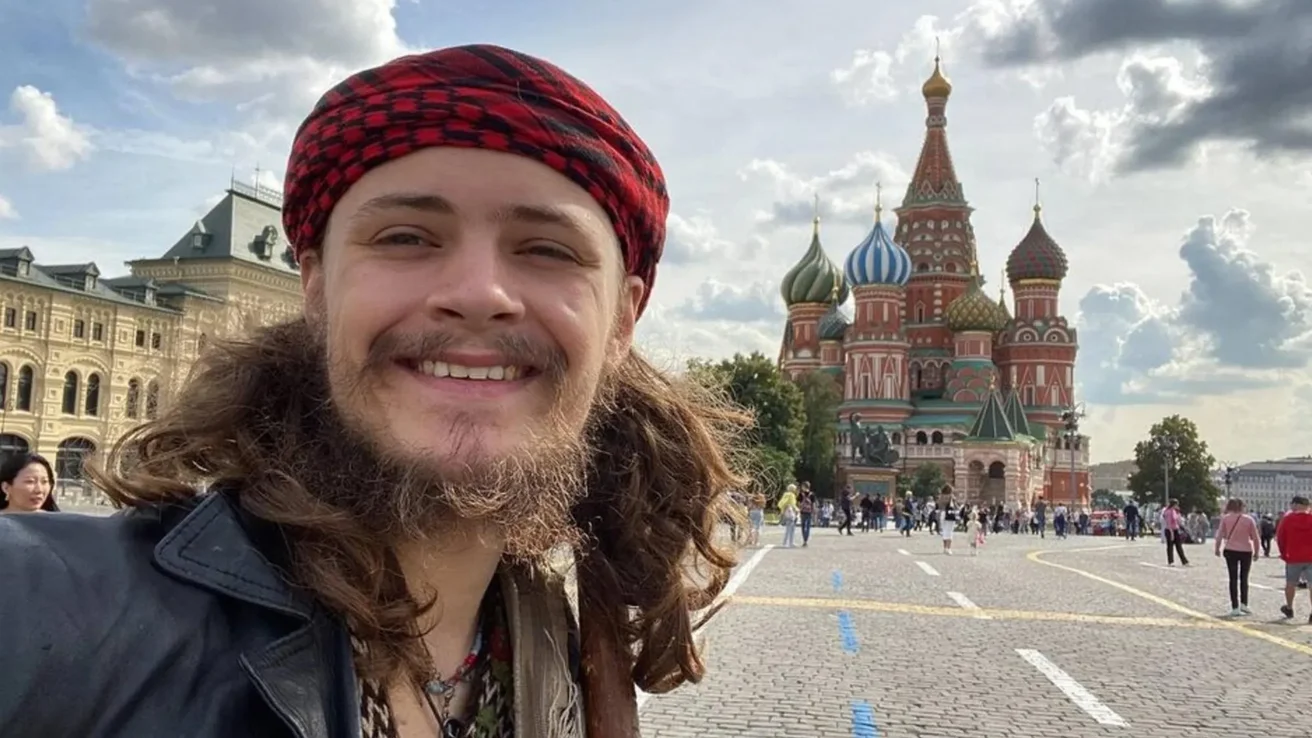Steve Witkoff carried an unusual diplomatic package during his recent meetings with Vladimir Putin. The US special envoy returned to America with a Russian military decoration—the Order of Courage—intended for the family of an American who died fighting for Russia in Ukraine.
The medal went to Juliane Gallina, the CIA’s deputy director for digital innovation, and her husband. Their son Michael Gloss, 21, was killed in April 2024 while serving with Russian airborne forces near Bakhmut, Donetsk Oblast.
Gallina “wept with her husband” when Witkoff presented the decoration, according to a senior administration official who spoke to CNN.
Witkoff, who has lost a son to the opioid epidemic, viewed the gesture through the lens of shared parental grief rather than geopolitics.
For the envoy, the moment “was not about who he fought for, but rather the memories of our children and the overarching message of ‘Let’s end this war,'” the official told CNN.
Witkoff was also present alongside the president Trump at the recent Alaska summit with Putin on 15 August that was aimed at ending the war.
He was disappointed with the US and chose Russia
Michael Gloss had studied human ecology and worked as an environmental activist before traveling to Russia in 2023. His social media posts revealed growing anger toward the United States, declaring that “violence is an integral part of American policy.”
Despite his high-profile American family background—with his father a Navy veteran and his mom a senior CIA official—Russian recruitment authorities failed to detect these connections.
His parents were mostly unaware of his true involvement and only discovered his whereabouts through geolocation data before losing contact with him in March 2024. They were informed of his death two months later.
Russian publication Vazhnye istorii first reported Gloss’s death, revealing he had signed a military contract in September 2023 with the 137th Ryazan Regiment of the Russian Airborne Forces. He told family members he was in Russia “at work,” saving money for a trip to Africa.

The CIA described his case as a private family tragedy rather than a national security issue. Agency spokesperson statements to CNN noted that Gloss “struggled with mental health issues” before his death in Ukraine.
Some of Gloss’s friends suggested he joined Russian forces partly to fast-track citizenship, hoping to pursue environmental projects in Russia.
CBS News had initially reported the decoration as the Order of Vladimir Lenin, but administration officials confirmed it was the Order of Courage.
The CIA issued a statement emphasizing the family’s privacy: “Juliane and her husband shared that ‘we adored our son and grieve his loss every moment. We appreciate privacy at this difficult time.'”
How many foreigners did die fighting for Russia?
The BBC Russian Service confirmed the deaths of 523 foreign nationals fighting for Russia in Ukraine, representing 28 countries and using only open-source verification methods, meaning the actual toll is likely much higher.
Central Asians comprised the largest group, with 72 Tajiks and 66 Uzbeks killed—most recruited from Russian prisons in exchange for sentence cancellation through Wagner Group contracts. Nepal recorded the highest confirmed deaths outside post-Soviet states with 70 fatalities, while North Korea likely has the highest numbers overall but remains unverifiable due to Pyongyang’s secrecy.




